Is it possible for BU to help shape a social movement for positive change? I have been lucky enough to attend various external events recently that have been pretty inspiring from the point of view of hearing from colleagues working in different countries and different sectors in the UK about new, novel, creative, innovative (select the word you prefer!) approaches to understanding dementia, conducting dementia research and generally creating what I would call a ‘social movement’ to improve and enhance the lives of all those affected by dementia. I shared some of these with staff on the BU induction session this week and got a pretty good response from new colleagues working across BU schools and services so thought I would take the opportunity to share some of the ideas that hearing about work elsewhere have got me thinking about in terms of what we might be able to do locally as part of the work that BUDI is doing on behalf of the University, but also that aligns to current government priorities about creating dementia friendly communities.
The first idea that excites me is the idea of intergenerational schools that has been pioneered in Cleveland by a truly inspirational colleague, Professor Peter Whitehouse who is a neurologist by trade, but a social innovator at heart. Take a look at the innovative approach they have used to improve education standards for kids but also providing community engagement opportunities for those living with dementia http://www.tisonline.org/. What I love about his work is that when I first met him over 15 years ago it seemed to me that he was very much talking about medical aspects of Alzheimer’s Disease (which I tend to be critical about) and so I was intrigued when he then wrote a book challenging medical conceptualisations about dementia back in 2008, http://www.themythofalzheimers.com/a really good read for anyone interested in constructions of knowledge – and over the years he has been involved in so many cutting edge scientific studies but he has also been applying more ‘social’ knowledge to his community to help improve the day to day lives of those with dementia. So a scientist who is applying practical lessons to the real world. Could we create an intergenerational school here in Dorset? or could we apply aspects of this idea and create for example an intergenerational garden where people with dementia work with kids, families, to create an inner city space where people share life skills and work in community with one another? Thanks to Ian Jones and his community partnership work which is such an asset to what we can do research wise at BU, we are going to test out the idea of having school children work with people with dementia learning to play with technology such as the wii, xbox, ipad, Nintendo DS. So we are going to do a little bit of intergenerational work locally that also feeds into the wider UK work to try and create a generation of dementia savyy youngsters who will understand dementia, be open to talking about it, know the risk factors and generally help to reduce the stigma surrounding dementia in our society. Angela Rippon, who is an Alzheimer Society ambassador gave a fantastic talk about the Alzheimer Society schools project at the Dementia Leadership Challenge project washup workshop we hosted in Bournemouth at the and of February; and I have been following this up and it is disappointing that there appear to be no projects happening in Bournemouth. What could we do with local schools to help raise awareness and contribute to the long term challenge of erradicating the stigma that surrounds dementia? See this link for some really creative projects that are happening across the UK http://alzheimers.org.uk/schools. Back in December ULT agreed to a proposal developed by a group of BU colleagues for BU to work towards being a dementia friendly university. What might this mean beyond raising awareness of dementia amongst our student and staff body, addressing HR policies and creating a dementia friendly environment that makes it easier for all staff, students and visitors to find their way around campus? Could we create opportunities for people with dementia to help students with their projects, for example to create technologies that genuinely address from the outset the needs and wishes of members of our community who become socially disabled by their dementia? Could we encourage students to create a media campaign that challenges negative images of dementia and raises awareness of dementia at the same time? I like the idea of a bus poster campaign that has been used successfully elsewhere to raise awareness of mental health issues, but there are likely many other creative approaches!
Can we build on the positive reputation I believe that BU has of being an applied University, and by this I mean one that equips its students to apply knowledge to their future working lives, a University that addresses societal issues by getting dementia embedded into more of our activities? I appreciate that there are many societal issues, different health conditions that may also be worthy of this kind of approach, so really I am talking about an example of how we can contribute to the notion of a ‘social movement’ generally to help improve society. Dementia offers an opportunity to test out social innovation and given 1 in 3 of us will develop dementia and a further 1 in 3 will know someone with dementia (friend, family, neighbour) more than 2/3 of us are going to directly experience dementia as our population continues to age. If you have creative ideas about how we might achieve a ‘social movement’ type approach do feel free to pop into PG63 or the first floor of the EBC and have a chat with me or the rest of the BUDI team.
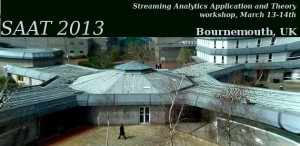



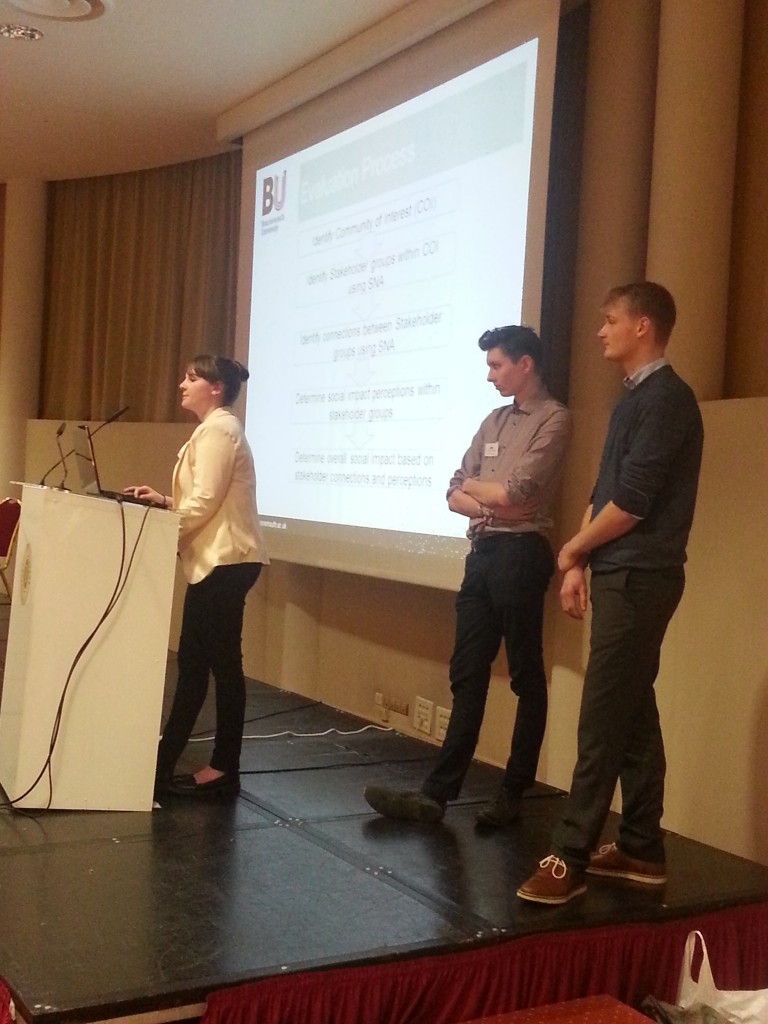







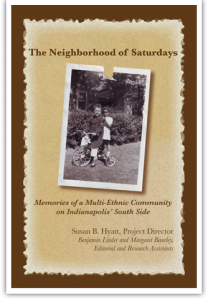


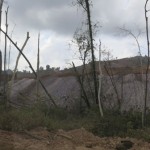
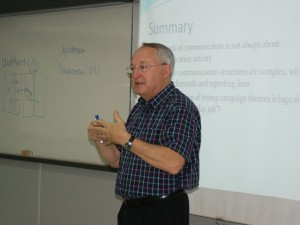
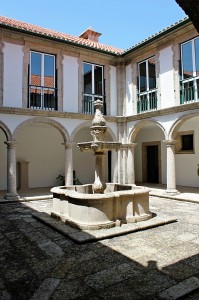
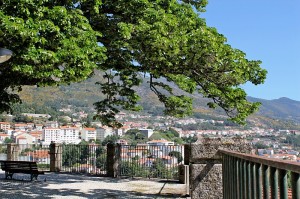












 REF Code of Practice consultation is open!
REF Code of Practice consultation is open! BU Leads AI-Driven Work Package in EU Horizon SUSHEAS Project
BU Leads AI-Driven Work Package in EU Horizon SUSHEAS Project Evidence Synthesis Centre open at Kathmandu University
Evidence Synthesis Centre open at Kathmandu University Expand Your Impact: Collaboration and Networking Workshops for Researchers
Expand Your Impact: Collaboration and Networking Workshops for Researchers ECR Funding Open Call: Research Culture & Community Grant – Apply now
ECR Funding Open Call: Research Culture & Community Grant – Apply now ECR Funding Open Call: Research Culture & Community Grant – Application Deadline Friday 12 December
ECR Funding Open Call: Research Culture & Community Grant – Application Deadline Friday 12 December MSCA Postdoctoral Fellowships 2025 Call
MSCA Postdoctoral Fellowships 2025 Call ERC Advanced Grant 2025 Webinar
ERC Advanced Grant 2025 Webinar Update on UKRO services
Update on UKRO services European research project exploring use of ‘virtual twins’ to better manage metabolic associated fatty liver disease
European research project exploring use of ‘virtual twins’ to better manage metabolic associated fatty liver disease